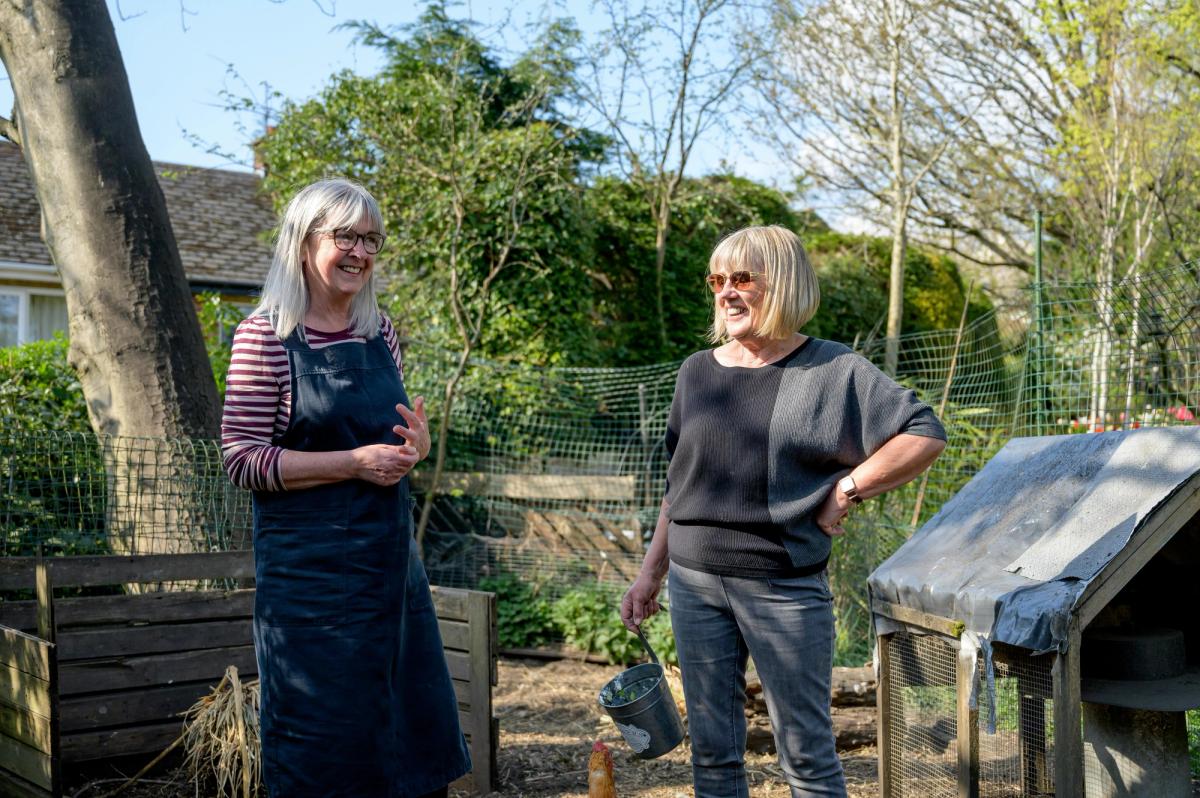Why So Many Are Saying Goodbye to the City and Hello to a Slower, Sweeter Life
Let’s face it, the city once had its charm.
It was electric, full of ambition, full of you in your twenties. But maybe you’ve noticed something lately: what used to energize you now drains you. The traffic feels heavier. The noise seems louder. And somewhere between your morning commute and your third streaming subscription, you caught yourself wondering:
Is this all there is?
If you’ve been dreaming of something quieter, simpler, and more affordable, you’re not alone. Moving out of the city is no longer a fringe idea or a midlife fantasy. It’s become a smart, very doable decision. And for those who make it, it’s often the start of something deeply fulfilling.
Let’s walk through the real reasons why and how a Cheap Charming House in Southern Europe might be calling your name.
Freedom, peace, and time shouldn’t be luxuries. “More” isn’t the same as "better".
The Economics (That’s Honestly Hard to Argue With)
- More home for less money: That fixer-upper in a Tuscan hill town? Less than a year of rent in L.A., Brooklyn or London. And it's yours, olive trees included.
- Lower cost of living: Electricity, groceries, even haircuts — all noticeably cheaper in rural areas of Italy, Spain, Greece, and France. You’ll feel the difference within the first month.
- Room to create income: Got a spare room? That’s a guest suite. Love to cook? Host travellers for dinner. More space opens more doors.
- Future-proof investment: As cities become less livable and remote work sticks around, people are quietly moving to places like Puglia, Andalucía, and the Greek islands (even with their distorted house prices). Rural housing prices? Slowly but surely rising.
Lifestyle Benefits You Can’t Measure on a Spreadsheet
Room to stretch and breathe: Big skies. Garden space. No upstairs neighbours stomping around. Just the sound of birds and maybe a goat or two. Lovely, from my POV.
No more gym memberships: You’ll have vineyards to walk through, beaches to nap on, and mountains to hike. And yes, our groceries might come with dirt on them, the good kind. Whole foods and exercise. Something the American diet needs desperately, studies say.
Community: People say hello. They remember your name. They bring you tomatoes. Small-town life has fewer strangers. Have you ever wondered why the city, with all its people, still felt so lonely? I’ve felt it too. At times, solitude was welcome, but over time, I began to realize how much a true sense of community felt like coming home, and home was the whole town, not only my apartment in Barcelona.
Time: Definitely slower, no rush needed anymore. Everything I need is a 5 -10 minute walk.
You revive forgotten towns, your presence helps reopen bakeries, sustain schools, and keep the authenticity alive.
You become a caretaker of heritage: That stone house it’s a piece of history you get to preserve and love.
You bring new energy: Artists, writers, educators and workers with fresh eyes and open hearts.
What You Do & What It Means
- Buy local. Support farmers, bakers, and shopkeepers.
- Renovate with care, preserving tradition, honouring the town
- Offer what you know: A Language class? Yoga? Piano lessons? Yes.
- Start or join something: Garden co-ops, art circles, walking groups.
- Vote, voice, engage, and Advocate. Help improve roads, hospitals, schools and infrastructure.
But, Is It Worth Leaving It All Behind?
Only if your reasons are anchored in values, not fantasy.
It’s worth it if you value:
- Self-reliance over convenience
- Community over anonymity
- Time over status
- Regeneration over consumption
It’s not worth it if you're:
- Deeply tied to urban career networks or specialized health needs
- Expecting rural life to mimic urban comfort instantly
- Underestimating cultural, bureaucratic, or language challenges (especially in Southern Europe.
Are you ready? :)
